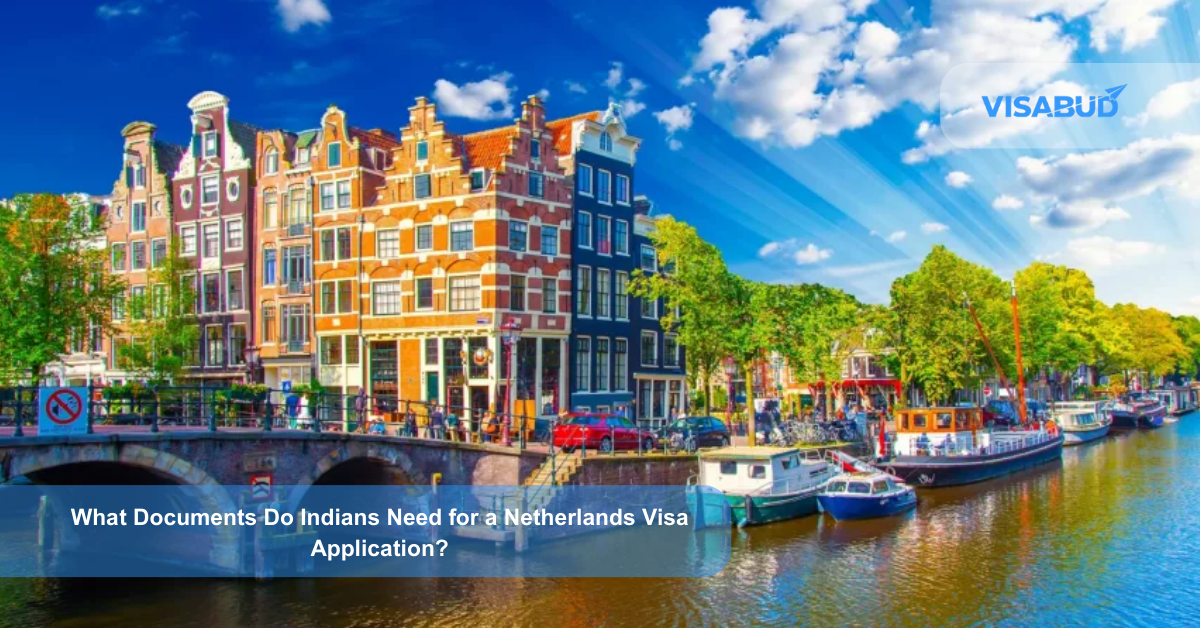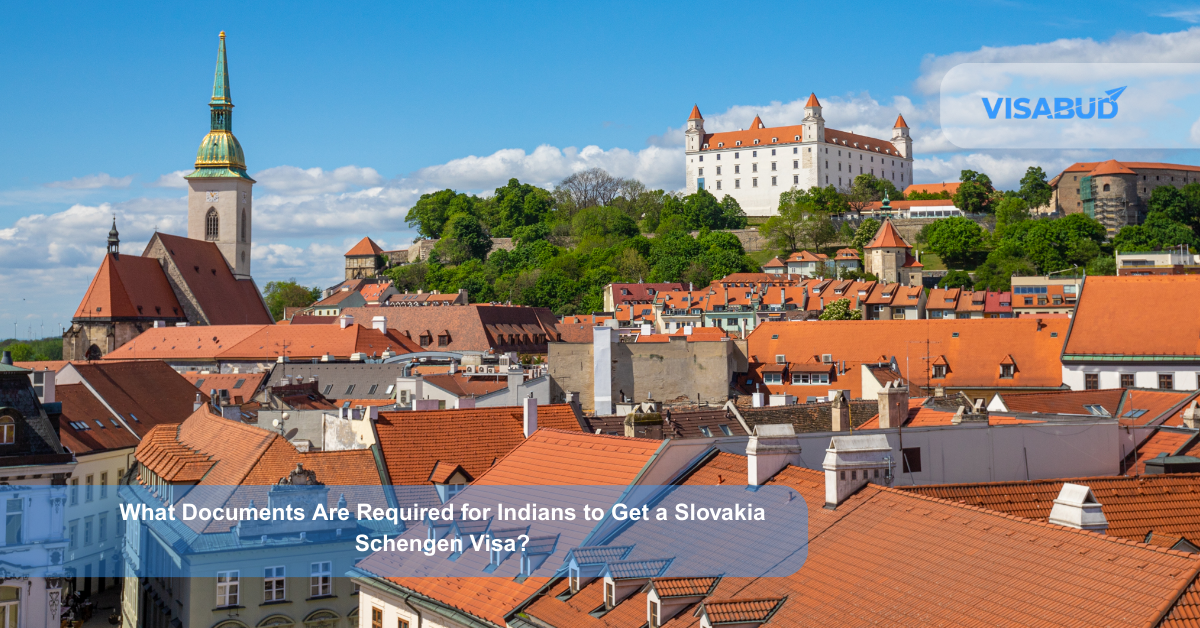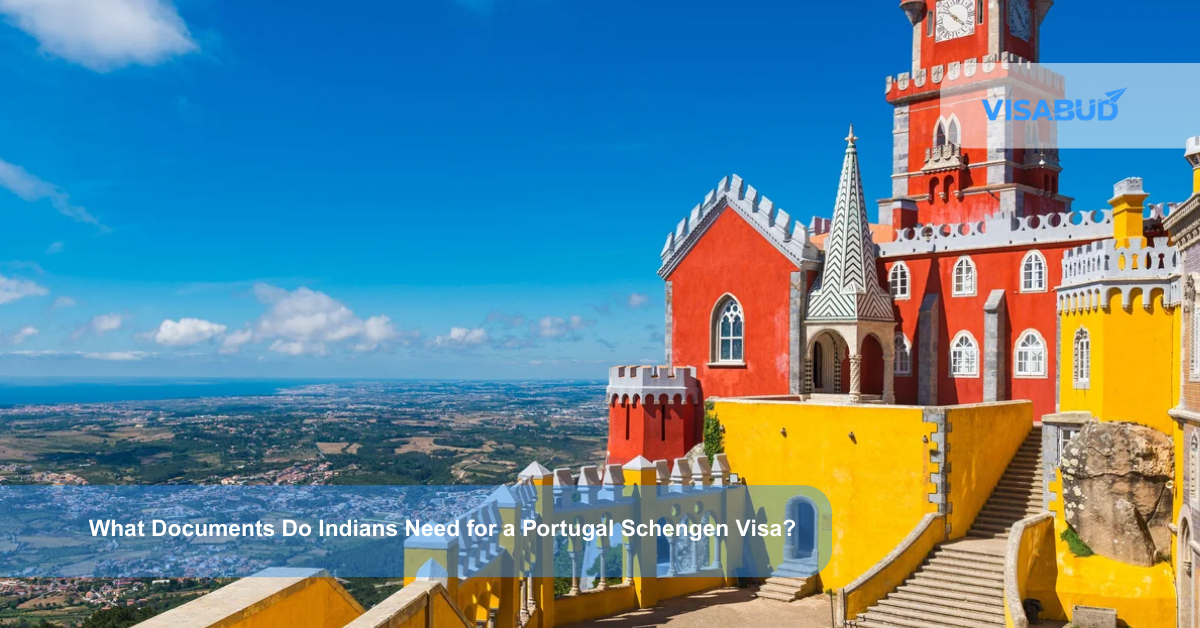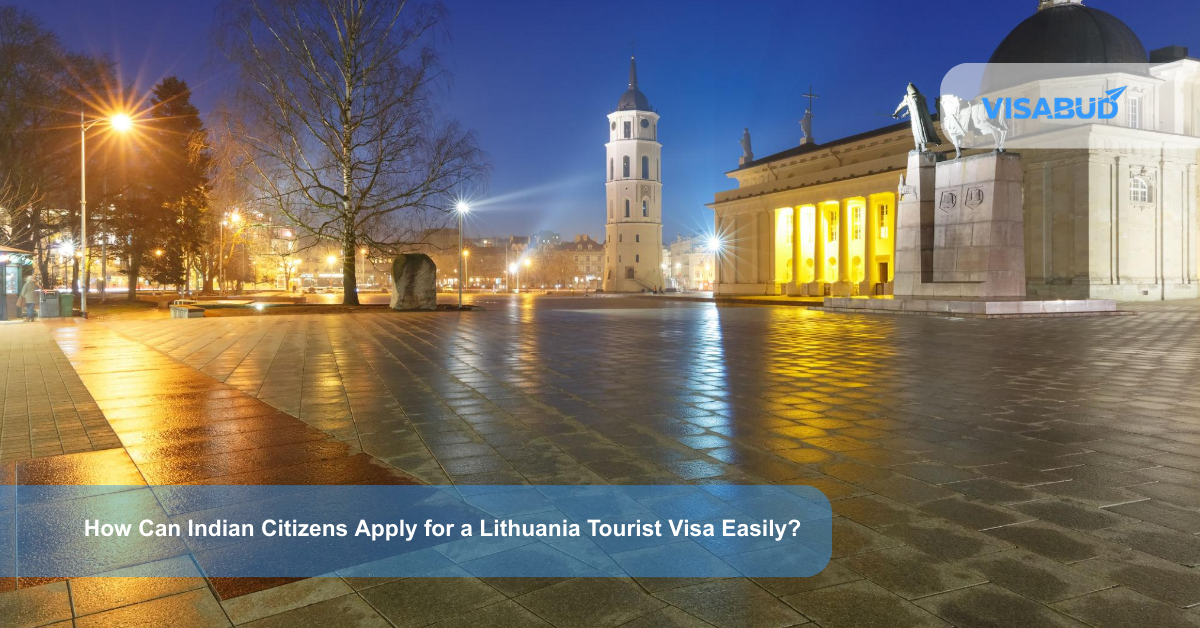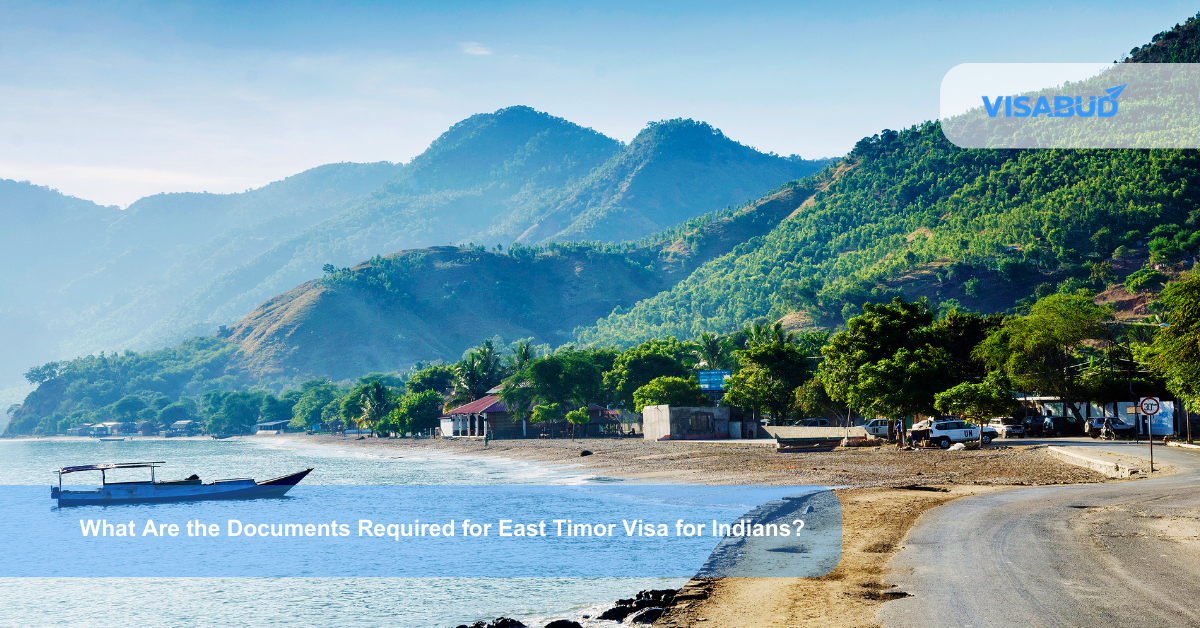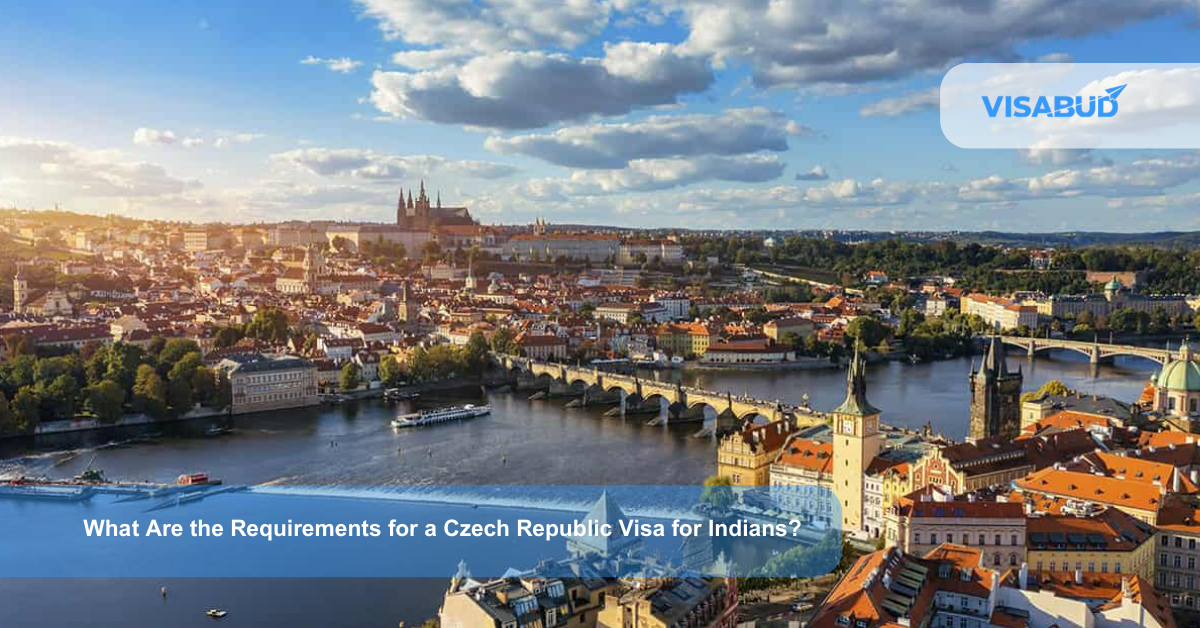Living in Mexico offers much more than warm weather and scenic coastlines; it invites you into a way of life that is deeply rooted in culture, tradition, and connection. Every corner of the country reflects centuries of rich history, blending indigenous heritage with Spanish influences to create a lifestyle full of meaning, color, and community.
From major cities like Mexico City and Guadalajara to coastal towns such as Puerto Vallarta or Tulum, daily life is infused with a sense of belonging and celebration. Family plays a central role, often extending across multiple generations who live nearby or even under the same roof. Respect for elders, shared meals, and strong neighborhood ties are a natural part of life.
Mexican festivals are among the most captivating aspects of Mexican culture. Events like Día de los Muertos (Day of the Dead) or Semana Santa (Holy Week) are not just holidays; they’re emotional, spiritual, and communal gatherings where music, food, and tradition come together. These events connect communities and preserve customs passed down for generations.
The food culture is equally distinctive. From regional dishes like mole in Oaxaca to street tacos in Mexico City, Mexican cuisine is known for its bold flavors and local ingredients. Meals are often shared with friends and family, emphasizing hospitality and joy.
At the same time, Mexico offers modern conveniences like reliable internet, mobile banking, and access to quality healthcare, especially in urban areas. It’s a country where you can enjoy both tradition and technology, often side by side.
Whether you’re planning to relocate, stay long-term, or just explore, life in Mexico offers a meaningful, balanced, and warm experience both literally and figuratively. It’s not just a place to live; it’s a place to connect, grow, and celebrate everyday life.
🇲🇽 1. Deep-Rooted Traditions That Are Still Alive Today
Mexico is one of the few countries where centuries-old traditions are not only preserved but continue to shape daily life. These customs are not locked away in museums or history books; they’re part of what makes the country vibrant, connected, and culturally rich today.
Día de los Muertos (Day of the Dead)
Held on November 1st and 2nd, this iconic celebration is not a somber day of mourning, but a joyful occasion to honor deceased loved ones. Families make ofrendas, or altars, embellished with candles, sugar skulls, marigolds, and the deceased’s favorite delicacies. The belief is that during these two days, the spirits return to visit their families. It’s a deeply spiritual and emotional tradition that combines indigenous Aztec rituals with Catholic practices introduced by the Spanish.
Family First Culture
In Mexican society, family comes before everything else. It’s common to see multi-generational households where grandparents, parents, and children live together or in close proximity. Family members often rely on one another for childcare, financial support, and emotional wellbeing. Birthdays, baptisms, and even Sunday meals are celebrated as full-family events, strengthening social bonds across generations.
Religious and Cultural Fusion
Mexico is predominantly Catholic, but what makes its religious life unique is how Catholic traditions are blended with indigenous beliefs. Cities like Taxco and San Luis Potosí hold spectacular processions that depict the Passion of Christ during Semana Santa, or Holy Week. During Las Posadas in December, local reenactments, prayers, songs, and group feasts recount Mary and Joseph’s quest for safety.
These practices are more than symbolic; they’re how Mexicans express their identity, spirituality, and sense of community. They provide a continuity that connects the past with the present, making Mexico a country where tradition still has deep meaning in modern life.
2. Festivals That Light Up the Year in Mexico
Mexico’s calendar is filled with vibrant festivals that reflect its deep cultural roots, community spirit, and passion for celebration. These events are not just about fun, they are meaningful expressions of identity, history, and tradition, offering both locals and visitors a powerful sense of belonging.
The Guelaguetza Festival in Oaxaca is one of the most renowned cultural occasions. Held every July, it showcases indigenous traditions through colorful costumes, traditional dances, and regional music. It’s a beautiful expression of sharing and unity among the diverse ethnic communities of the region.
Mexican Independence Day, a national holiday observed on September 16th, honors the country’s independence from Spanish colonial rule in 1810.Fireworks, music, and public gatherings follow the “Grito de Dolores,” a reenactment of the historic call to arms, which kicks off the festival on the evening of September 15.
Carnaval, typically celebrated in February, is Mexico’s version of Mardi Gras. It takes place in cities like Mazatlán, Veracruz, and Ensenada, featuring lively parades, elaborate costumes, dancing, and music in the streets.
These festivals are more than annual traditions; they are deeply rooted celebrations that reflect Mexico’s rich heritage and bring communities together in joyful, meaningful ways.
3. Lifestyle in Mexico: Slower, Warmer, More Connected
Life in Mexico moves at a pace that encourages presence over pressure. It’s not about constantly checking the clock but about living in the moment something many residents and expats find refreshing. The Mexican lifestyle emphasizes balance, relationships, and a strong sense of community.
Daily routines are shaped by connection. It’s common to greet neighbors, stop for a casual chat, or gather with family for meals often without the rush typical in more urbanized, time-bound cultures. Living close to one another is common among extended families, and mutual support is highly valued.
One of the biggest contributors to this connected lifestyle is the outdoor culture. Thanks to Mexico’s generally warm climate, people spend a lot of time outside. Local plazas act as central meeting points where families gather in the evenings, children play, and musicians perform. Street vendors selling tamales, elotes (grilled corn), and aguas frescas are part of the everyday experience.
In Mexico, eating is a social and cultural activity in addition to being a basic need. Even the simplest meals are built around tradition, flavor, and shared time. Hand-pressed tortillas, spicy salsas, beans, rice, and fresh fruit are staples in most homes. Meals often bring families and friends together, whether it’s a weekday lunch or a weekend feast.
This lifestyle may not suit everyone, but for many, it offers a healthier, more grounded way of living, rooted in human connection, heritage, and enjoying life’s small, meaningful moments.
4. Markets, Street Food, and Everyday Adventures
Life in Mexico is lived outdoors in plazas, local shops, and especially in the mercados, or markets. A walk through any neighborhood market is not just a shopping trip, it’s an experience. You’re surrounded by vibrant colors of fresh produce, the scent of chilies and spices, and the lively sounds of local vendors calling out their daily specials.
Markets are where many Mexicans do their daily or weekly shopping. You’ll find seasonal fruits, local cheeses, fresh tortillas, handwoven baskets, and often a neighborhood tamal vendor who sells out before noon. This isn’t a tourist show, it’s part of daily life.
Street food is another significant component of Mexican culture. Foods like tacos al pastor, grilled elotes (corn on the cob), quesadillas, and chilled aguas frescas (flavored fruit drinks) are not only affordable but full of local flavor. These aren’t fast-food imitations; many recipes are rooted in family tradition and regional history.
And yes bargaining with vendors isn’t seen as rude. It’s a common social exchange, especially in open-air markets. It reflects a deeper interaction between seller and buyer, adding a human connection to each transaction.
5. Multicultural and Regionally Diverse
Mexico is not a cultural monolith. Traveling throughout the nation reveals the richness of its indigenous, Spanish, African, and contemporary global influences.
This regional diversity is part of what makes life in Mexico so rich you can choose a location that best fits your lifestyle, whether you seek quiet, nature, culture, or city energy.
6. A Focus on Balance and Quality of Life
Despite urban growth, Mexico still holds tightly to values that prioritize connection, rest, and community over constant hustle. In many areas, especially smaller towns, midday breaks (siestas) and long family lunches are still common.
There’s a cultural emphasis on spending time with loved ones, checking in on neighbors, and showing kindness to strangers. Life tends to be more relational than transactional, something many expats come to appreciate.
In fact, many who move to Mexico often report feeling less stressed, more socially connected, and more grounded, thanks to this slower, more human pace of life. It’s not about escaping productivity, but rather redefining what a fulfilling life looks like.
Frequently Asked Questions (FAQs)
1. Is it safe to live in Mexico?
Yes, a lot of places in Mexico are friendly and safe. Like any country, safety can vary by location. Expats and locals often recommend cities like Mérida, San Miguel de Allende, and Puerto Vallarta for their strong community vibes and relatively low crime rates.
2. Do I need to speak Spanish to live in Mexico?
While it’s possible to get by in tourist-friendly areas with minimal Spanish, speaking even basic Spanish helps a lot. It enriches your experience, builds connections with locals, and makes day-to-day tasks easier.
3. What is the cost of living in Mexico?
In general, Mexico has less living expenses than many Western nations. Rent, food, and transportation are often more affordable, though prices can vary by region and city size.
4. How is healthcare in Mexico?
Mexico offers both public and private healthcare. Private hospitals and clinics in urban areas often provide high-quality care at a fraction of the cost compared to countries like the U.S. Many doctors speak English and have international training.
5. Can foreigners own property in Mexico?
Yes, foreigners can own property, including houses and condos. However, there are restrictions in certain coastal and border zones, where a bank trust (fideicomiso) may be required for property ownership.
6. What are the most expat-friendly cities in Mexico?
Popular choices among expats include:
These cities offer a mix of culture, safety, healthcare access, and international communities.
7. How are the internet and mobile networks in Mexico?
Major cities have reliable high-speed internet and good mobile coverage. Remote areas may have limited access, but improvements are ongoing. Plans for mobile data are generally accessible and reasonably priced.
8. What’s the food like beyond tacos and burritos?
Mexican cuisine is incredibly diverse. Each region has its own specialties, think mole from Oaxaca, cochinita pibil in Yucatán, and birria in Jalisco. The cuisine, which uses a lot of fresh fruit and spices, is flavorful and traditional.
9. Are local festivals open to everyone, including foreigners?
Absolutely! Mexican festivals are inclusive and community-driven. Tourists and expats are always welcome to join in, provided they respect the customs and traditions being observed.
10. Is Mexico a good place for remote workers or digital nomads?
Yes, more and more digital nomads are choosing Mexico as their destination. Cities with excellent infrastructure, co-working spaces, and vibrant communities of remote workers include Guadalajara, Playa del Carmen, and Mexico City.
Final Thoughts: Embracing Life in Mexico
Living in Mexico is about more than just enjoying scenic beaches or savoring flavorful food, it’s about becoming part of a lifestyle that values family, tradition, and genuine human connection. Here, life moves at a rhythm shaped by community gatherings, colorful celebrations, and a deep respect for heritage.
You always get a warm welcome, whether you are in a big city or a tiny town. Whether it’s your neighbor sharing homemade tamales, a local artisan telling the story behind their craft, or families gathering in the town square for an evening stroll, everyday life feels meaningful and shared. This is a place to belong, not merely a place to live.
What sets Mexico apart is its ability to blend the past and present effortlessly. You’ll find modern conveniences like fast internet and mobile banking coexisting with timeless traditions, from sacred festivals to family Sunday meals. There’s a unique balance between progress and preservation, offering both comfort and depth.
For those seeking more than the fast-paced, transactional way of life found in many urban centers, Mexico provides something different. It offers a sense of rootedness, a chance to slow down and reconnect with others, with culture, and often, with yourself.
Whether you’re seriously considering a move or simply curious about life south of the border, Mexico invites you in not as a visitor, but as a part of its ever-growing community. It’s a country where your story becomes part of a bigger, vibrant narrative.
With open arms, warm smiles, and a culture rich in spirit, Mexico doesn’t just welcome you, it embraces you. And that is crucial for a lot of people.
If you have any queries, don’t hesitate to contact us.
